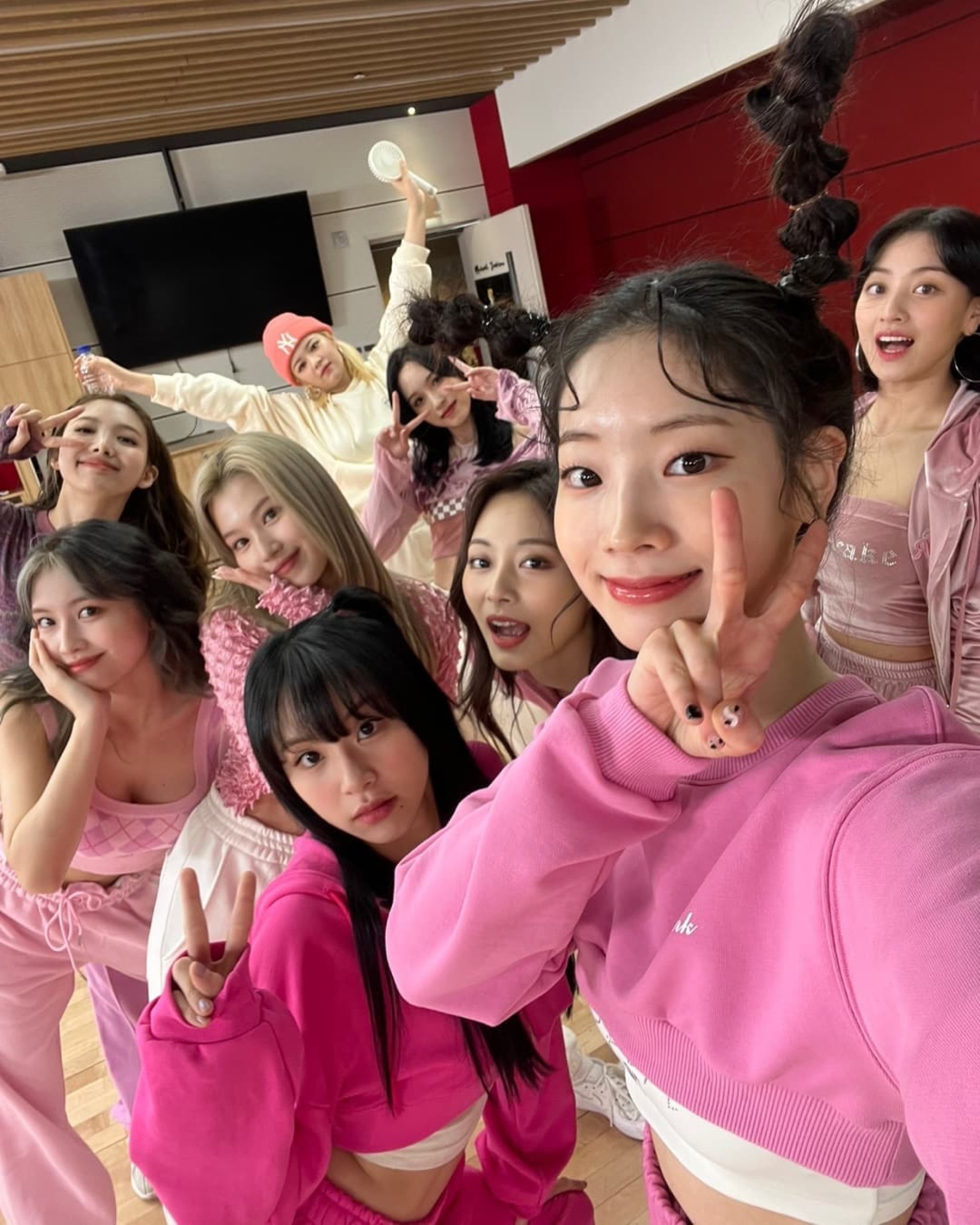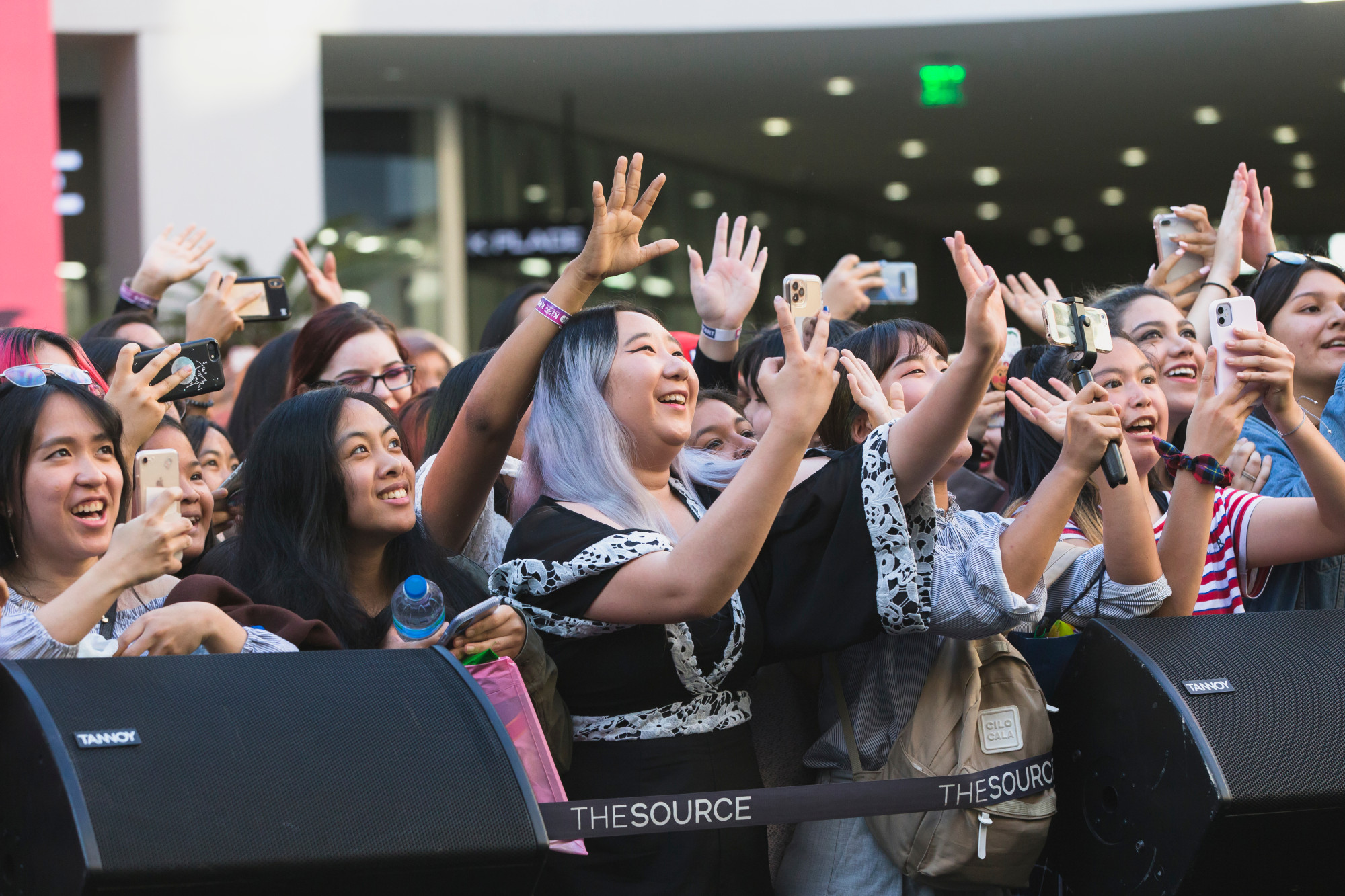
With the return of Nayeon from Twice’s stalker, it’s time for K-pop companies to take more action against obsessive fans
- Last week, a German fan and long-term stalker of Nayeon reportedly posted on social media that he would be heading to South Korea to try and meet the star
- As long as K-pop labels continue to let such behaviour slide and promote one-sided relationships between stars and fans for financial gain, they are to blame
One of K-pop’s most popular female stars is currently battling ongoing harassment and invasions of privacy. It’s time for things to change.
Last week, a German fan and long-term stalker of Twice’s Nayeon reportedly posted on his social media account that he would be heading to South Korea to try and meet the star.
Despite previously being condemned by authorities and JYP, the fan has allegedly continued to target the star, attempt to meet her and contact fellow Twice members.

In 2020, he reportedly leaked the phone number of member Chaeyoung on the internet, with the star saying she was flooded with calls and text messages, and expressing alarm that the fan was able to get her private contact information.
The return of Nayeon’s stalker is a shock. It is clear that unless some major action is taken, others will not be put off from acting similarly.
When does a K-pop fan’s support cross the line? Sunmi incident begs question
JYP has previously attempted to take action against the man, and other dangerously obsessive fans, but such behaviour persists, both towards JYP artists and other K-pop stars.
Leaking private information on the internet and stalking are illegal, but when it comes to K-pop stars, this sort of behaviour has outrageously been normalised. South Korean entertainment companies and authorities are typically hands-off and action, if any, usually comes too late.
K-pop stars have a long history of being harassed by fans, with a particular term even created for obsessive, stalking fans who invade the private lives of the people they claim to love: sasaeng.
Sasaeng behaviour is unacceptable, even in an industry that promotes parasocial, or one-sided, relationships between fans and artists to create the illusion of a bond between the two, with the ultimate aim to extract more money from fans.

It’s not uncommon for an individual to buy the phone number of their favourite K-pop star and call them while that star is live-streaming in an attempt to get their attention, even if for a moment. It isn’t unheard of for people to go to the buildings where K-pop stars live, book themselves on the same aeroplanes, sneak into their apartments, follow their cars or crowd them at airports.
All of these things are acceptable to some K-pop fans, and a carefree attitude from the powers that be has enabled a dangerous environment for stars and fans alike to operate in.
In one infamous instance, Taeyeon of Girls’ Generation was physically pulled from stage mid-performance by a fan who casually walked onto it, before security and the other members of the girl group could intervene.

Just because some fans consider this behaviour normal, it doesn’t mean it should be tolerated. The companies that profit off of these talents need to do better at protecting them, especially the women, who are more likely to be victims of virtual harassment and stalking crimes, all of which have the potential to turn violent.
But as long as Korean entertainment companies feel there is a financial benefit to encouraging these parasocial relationships and do nothing about them, then they’re to blame. It’s long past time for these companies to take real action against invasive fans.
Why might K-pop’s SM Entertainment sever ties with founder Lee Soo-man?
She was killed the day before the attacker had been due to appear in court to hear the verdict regarding charges made by the woman, who had filed multiple police complaints reporting he had called her hundreds of times begging for a date, threatened to harm her, and illegally filmed her.
Despite his arrest and the viable threats, a restraining order was never filed.
Before October 2021, stalking was merely considered a misdemeanour in South Korea, with just a small fine as punishment. Now, stalking carries a maximum penalty of up to three years in prison or up to 30 million won (US$21,000) in fines, but restraining orders are rare.
Though we may see celebrities as different from regular people, with K-pop stars especially given the “idol” moniker, they are still humans. Famous or not, everyone deserves privacy and protection. Invasive fans have been allowed for too long, and now is the time for change.
